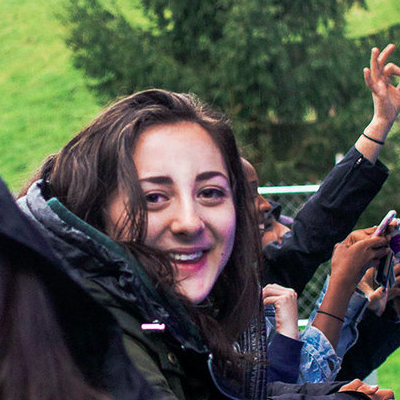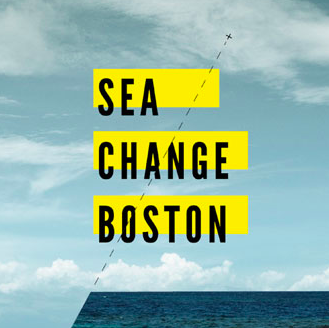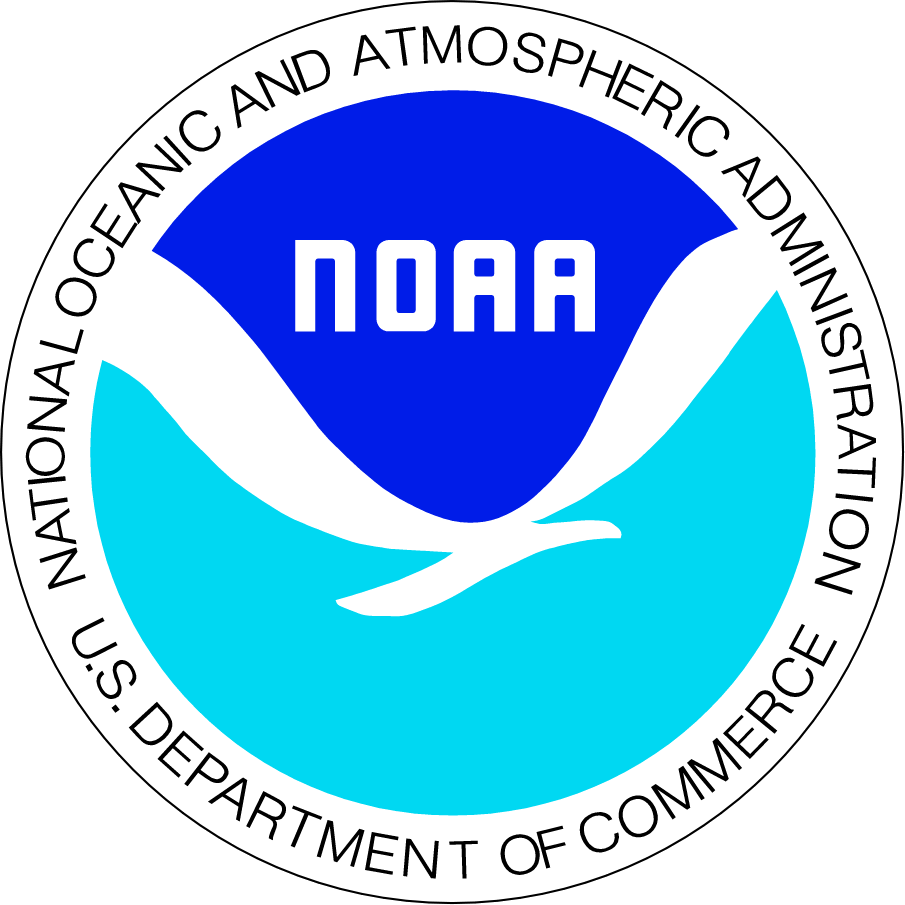Our Goal
We're 4 students with interdisciplinary backgrounds in engineering, architecture, computer science, design, mathematics, and media studies who care about how climate change is effecting Boston.
Our goal is to document the ways humans have intervened or can intervene in Boston’s land development with a focus on today's issue of climate change.
The rise of interactive digital journalism has powerful implications for news dissemination. In an effort to tackle a post-truth society, we hope to develop an idea focusing on the accurate representation, delivery, and accessibility of data in media. Our project ties in qualitative information to create a holistic approach to representing the issue that takes a position, critically explains the data, and removes ambiguity between truth and alternative fact for the public. This project re-evaluates the role of data scientists, journalists, and designers in informing the public and making information, data, and factual evidence accessible for everyone once again.
About Us

Maya
Maya is a Mathematics and Economics major at Wellesley College. She is interested in modernizing historical scholarship and data.

Calvin
Calvin is an Architecture and Comparitive Media Studies major at MIT. He is interested in leveraging digital media for social impact.

Erick
Erick is an Electrical Engineering and Computer Science major at MIT. He is interested in innovating digital humanities through technical implementation.

Michelle
Michelle is a Media Arts and Sciences major at Wellesley College. She is interested in data accesibility and empowering users to understand data.
What you should know about our data
We want our narrative and visualizations to match up, so we've created both of them.
Usually, when you're observing data, you're not getting the whole picture. We're aiming to be as transparent as possible with our data, which means telling you about our process. Our contour maps were created using data from Analyze Boston. This data from Analyze Boston is open-source and accessible, but it is not very clean or easy to parse.


